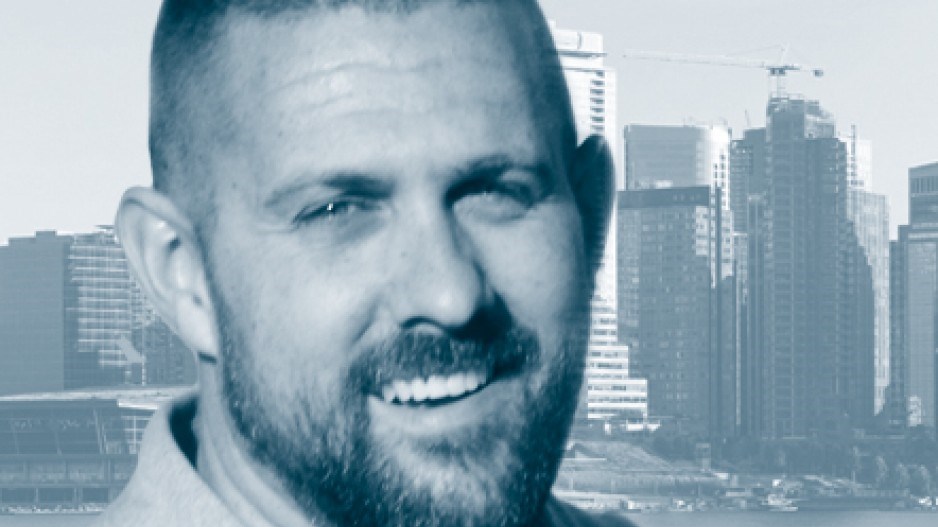A few months ago, I decided it was time to hire a housekeeper – someone who could come once, maybe twice a month to my small, 650-square-foot downtown apartment and give it a good scrub.
In addition to concerns about trustworthiness, thoroughness and timeliness, price sensitivity factored into my decision-making process. So, when I learned of a housekeeper who charged only $20 per hour for his cleaning services, my first response was to assume that where he shined in the affordability department, he must certainly be lacking in the other areas of import to me.
Nonetheless, I gave Max – a young, seemingly sheepish man from the Prairies – a ring and scheduled my first appointment. I was hopeful, but also prepared for disappointment. The price was just too good to be true, I assumed.
My assumptions proved wrong, and very quickly. Not only were Max’s services priced reasonably, but also he proved to be incredibly trustworthy, thorough and efficient.
After the third or fourth cleaning, I decided that what Max was charging was not commensurate with his services. A raise was in order. Graciously, and with a shy grin of appreciation, Max accepted.
A few weeks later, hurried and walking out the door, I mentioned to Max how terrific his services were and that he could charge his other clients much more for his services – at least double – and people would still hire him.
Albeit in a small way, I was proud of myself. Max needed validation, I reckoned, and I was more than happy to give it to him. He also needed a confidence boost. Why else would he be charging only $20 per hour? Max clearly didn’t recognize his own value, and now, perhaps in a small way, my words of encouragement might give him a bit more courage to charge his worth.
As I neared my front door, I saw Max crying. My words of encouragement most certainly had an impact, I believed.
“Max,” I said, “you do such great work. Has no one ever told you that?”
“Of course they have,” he replied. “That’s not why I’m crying though.”
I was bewildered.
“I’m not crying because you told me I was worth more money. I’m crying because you assumed that it’s the money that is important to me.”
Max went on to explain that charging people more money comes with greater expectations of quality and perfection. And while he knows he does a great job, the added stress of living up to others’ expectations was not worth it to him. Moreover, he explained, he has never cleaned homes for the money – that was settled a long time ago for him with a trust. He cleans homes to be part of a community, to be welcomed in other people’s homes and to take care of others. He also revealed that his learning disability prevents him from full-time work, and that cleaning homes gives him a sense of purpose. None of it is about the money.
My bewilderment turned to shame.
Vulnerably and with great kindness, Max shared with me aspects of his life that I was oblivious to. Aspects that I dismissed away with my assumption about what he should be charging and why he wasn’t.
In reflection on the day’s events, Max gave me occasion to pause and to examine myself.
How often do I – do we all – make assumptions about others, sometimes even with the best intentions?
What could be possible if we stopped on occasion to ask “Do I know this is 100% true and correct?”
At home and in the workplace, what could be revealed if we sought to understand “why” rather than asserting “that.”
I’m grateful that Max had the courage to challenge my assumptions – a gift not often so freely given, especially in an employee-employer relationship. In exchange, I’m trying to be hawkishly vigilant about my own assumptions and all of the places they show up. •
Casey Miller ([email protected]), president of Six and a Half Consulting, is a leadership and team development specialist. His consultancy teaches organizations the skills needed to create motivated and inspired workplaces.




